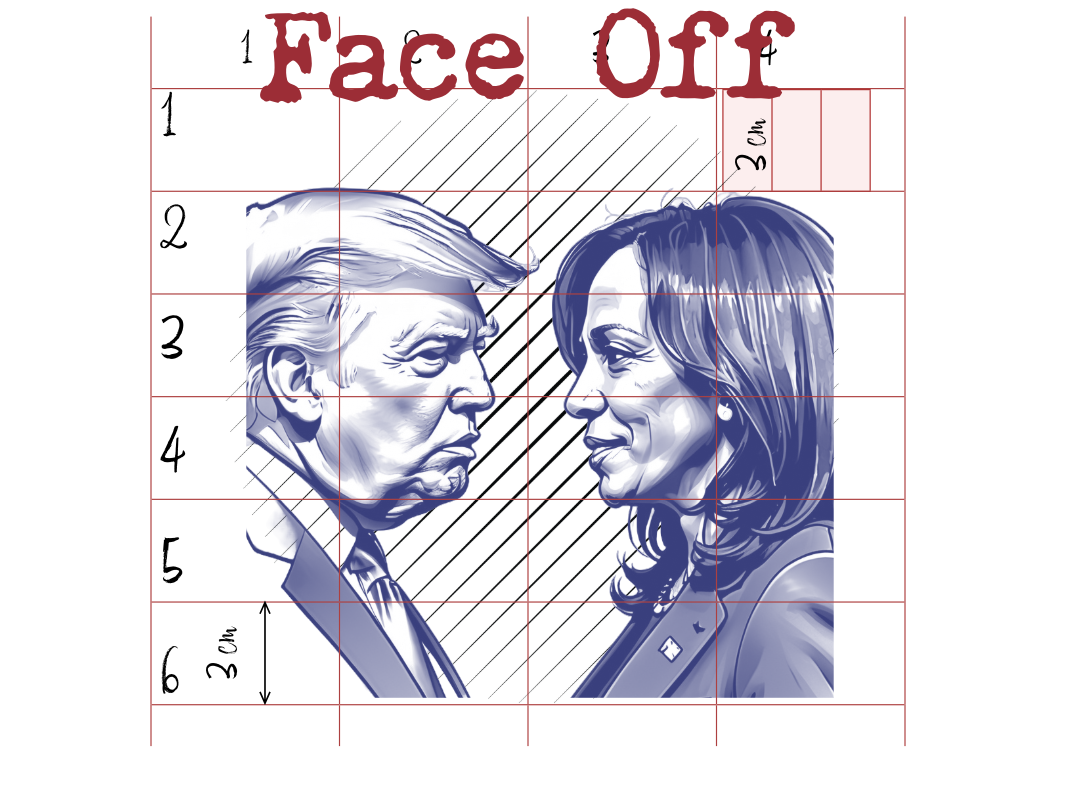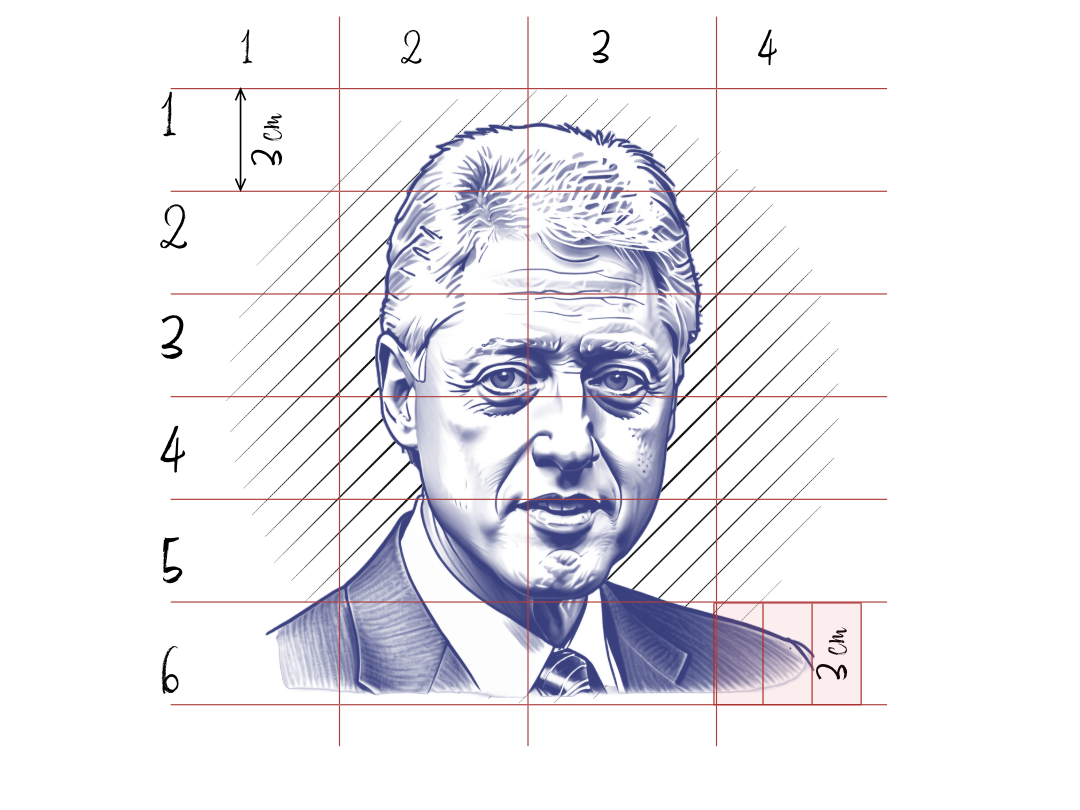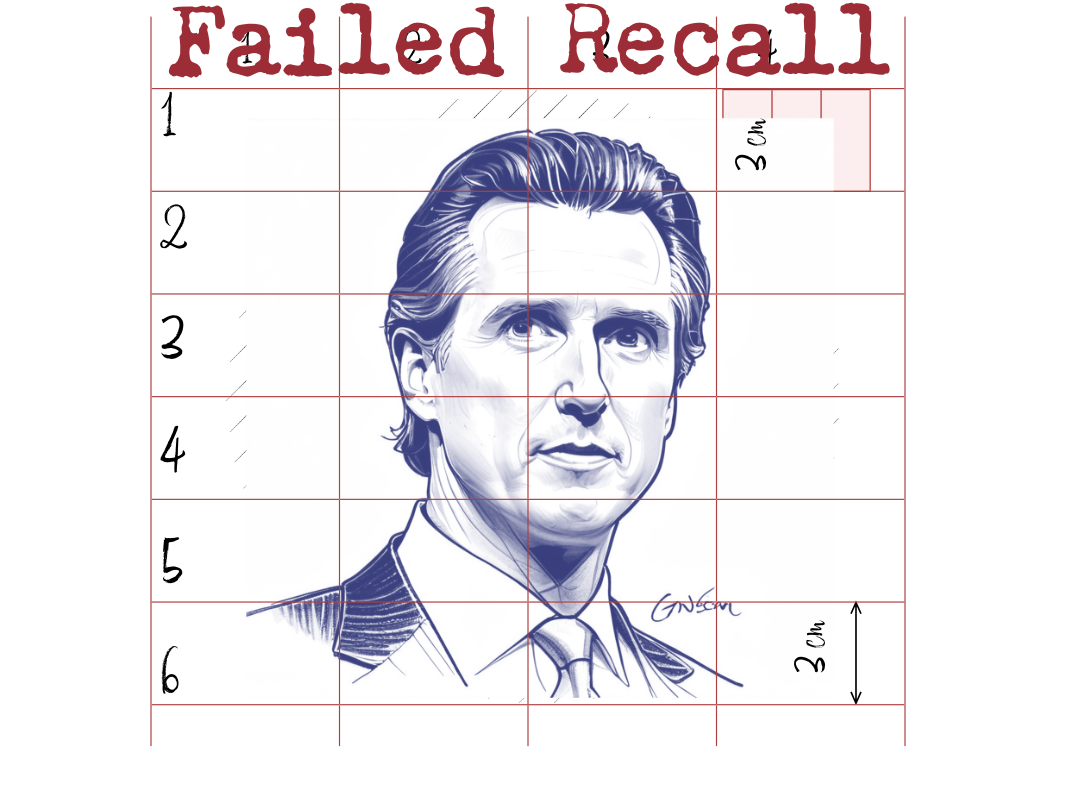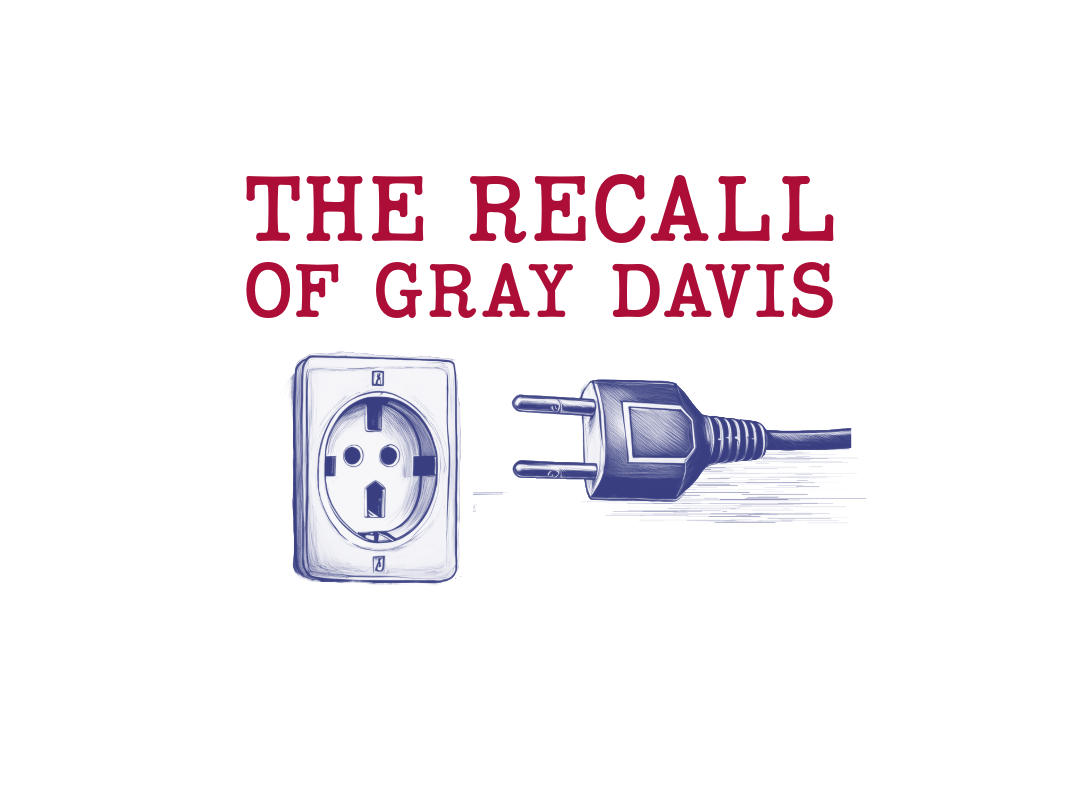From Frustration to Revolution
The language that fueled a movement and
redefined the American political landscape
November 14, 2024
Having listened to Donald Trump’s speeches over the years, it’s impossible to overlook his uncanny ability to rally his supporters by tapping into their deepest frustrations. His rhetoric is deliberately bold, often abrasive, but undeniably effective in galvanizing a base eager for change. One of the most compelling examples of this is his speech at Madison Square Garden, just days before the 2024 election. In this speech, Trump didn’t just campaign for votes—he presented himself as the only solution to what he repeatedly described as a broken political system. His words were more than just a call to action; they were a declaration of war against the establishment, an anthem for those who feel unheard and forgotten.
A CALL TO ACTION: CHANGE OR COLLAPSE?
From the moment he stepped onto the stage, Trump made it clear that the political field was in dire need of change. His opening lines were designed to provoke thought and resonate with the disillusioned, addressing the perceived incompetence and corruption of Washington. “They’ve had their chance. It’s time for us to take the reins,” he declared, not merely as a politician but as a self-proclaimed outsider, an agent of revolution. His tone was forceful, punctuated by sharp, direct language that left no room for ambiguity. This was a man speaking not only to his supporters but also to the growing number of voters who felt alienated by the political establishment. It wasn’t just about the election—it was about the survival of the nation, and Trump positioned himself as the only leader capable of restoring America’s greatness.
ETHOS: A LEADER OUTSIDE THE SYSTEM
Trump’s ethos—his credibility as a leader—came through most clearly in his portrayal of himself as a successful businessman turned political outsider. He often contrasts his self-made background with the traditional political careers of his rivals, portraying himself as someone who doesn’t owe allegiances to lobbyists or special interests. In his mind, his track record in business made him uniquely qualified to fix what he viewed as a system in deep crisis. “I know how to get things done,” he emphasized, positioning himself as someone who operates outside the bureaucracy and inefficiency of government. His supporters, many of whom share his frustrations with Washington, viewed this as a promise to disrupt the political status quo, much like he did in his business career. It was an invitation to believe that the government could be run like a business, more efficiently and with a focus on results.
PATHOS: EMOTIONAL APPEALS AND A SENSE OF INJUSTICE
At the heart of Trump’s rhetoric lies an appeal to pathos—the emotional core of his message. By framing the political system as fundamentally broken and corrupt, he sought to stir anger and dissatisfaction among his audience. “Look at what they’ve done to this country,” he said, referencing issues like rising inflation, immigration, and crime. These were the issues that had long simmered beneath the surface, often dismissed or overlooked by establishment politicians. Trump’s words were charged with frustration, offering a clear narrative of “us vs. them,” with the “them” representing the elites, the politicians, and the media who, according to Trump, have failed the American people. His aggressive framing of the opposition served not only to vilify his enemies but also to unify his base, rallying them around a common cause: the need for drastic change.
REPETITION AND EXAGGERATION: THE URGENCY OF CHANGE
In his critique of the establishment, Trump’s rhetorical strategy also included exaggeration and repetition—tools he uses to drive home the urgency of his message. Repeating phrases like “They want to keep you down” or “We’re going to take this country back” were not just slogans; they were emotional triggers designed to fuel his supporters’ sense of injustice. This repetition was key in reinforcing his narrative of a country on the brink of collapse, one that needed immediate action to correct its course. His appeal was visceral, playing on the collective anger and frustration that had been building for years. His supporters were not just voting for Trump—they were voting for the promise of a new world order, one in which their voices would be heard and their grievances addressed.
THE PROMISE OF A NEW AMERICA
But beyond the rhetoric of outrage, Trump’s speech also reflected a belief in his own ability to bring about real change. He painted himself as the only leader capable of restoring the nation to its former greatness. His promise of economic prosperity, job creation, and national security resonated with voters who felt left behind by globalization and societal shifts. “We’re going to bring jobs back. We’re going to make America strong again,” Trump vowed, using his populist language to connect with the everyday struggles of working Americans. This language spoke directly to his base, creating an image of a prosperous, powerful America under his leadership. By focusing on issues like trade deficits and manufacturing jobs lost to foreign countries, Trump framed himself as the protector of American workers, drawing a sharp contrast to his political opponents who he claimed were more interested in globalism than in American interests.
THE STAKES: A BATTLE FOR AMERICA’S SOUL
One of the more striking aspects of Trump’s speech was how he framed the stakes of the election. It wasn’t just about policy disagreements—it was about the survival of the American way of life. “This is the most important election in history,” he warned, underscoring the belief that the future of the nation hung in the balance. The way he presented the election as a battle for America’s soul, with “globalists” seeking to undermine the country’s sovereignty, gave his speech an apocalyptic edge. By elevating the stakes to such an extreme, Trump effectively turned his candidacy into a moral imperative for those who felt the country was heading in the wrong direction. For his supporters, voting for him was not just about electing a president—it was about saving America from a fate they believed was being imposed by elites who didn’t understand or care about their needs.
SIMPLE, EFFECTIVE RHETORIC
One of the more striking aspects of Trump’s speech was how he framed the stakes of the election. It wasn’t just about policy disagreements—it was about the survival of the American way of life. “This is the most important election in history,” he warned, underscoring the belief that the future of the nation hung in the balance. The way he presented the election as a battle for America’s soul, with “globalists” seeking to undermine the country’s sovereignty, gave his speech an apocalyptic edge. By elevating the stakes to such an extreme, Trump effectively turned his candidacy into a moral imperative for those who felt the country was heading in the wrong direction. For his supporters, voting for him was not just about electing a president—it was about saving America from a fate they believed was being imposed by elites who didn’t understand or care about their needs.
LOGOS: FACTS TO BACK UP HIS CLAIMS
Throughout the speech, Trump also leaned heavily into logos, appealing to reason by referencing economic statistics and policies to support his claims. He spoke at length about the failures of his opponents, emphasizing specific policy missteps that had led to higher taxes, job losses, and foreign policy disasters. He mentioned the failure to secure borders, the disastrous trade deals, and the erosion of American industry. This logical approach served as a counterpoint to his emotional appeal, grounding his rhetoric in reality and appealing to the more pragmatic side of his audience. By pairing his passionate delivery with these factual critiques, Trump presented himself as both a fighter for change and a leader with a clear, pragmatic vision for America’s future.
INCLUSIVITY: A MOVEMENT FOR THE VOICELESS
Trump’s inclusive language was also a hallmark of the speech. While his rhetoric often borders on the polarizing, he made a concerted effort to speak to “the forgotten men and women” of America, framing his campaign as a movement for all those left behind by the political elite. He frequently invoked the imagery of “the people” versus “the establishment,” reinforcing his position as the voice of the voiceless. His rhetoric was calculated to draw a distinction between the elites and the everyday citizens who he claimed were the true heart of America. His supporters were not just part of a political movement—they were part of a revolution, a fight to take the country back from those who had neglected them.
CONCLUSION: A RHETORICAL FIRE THAT WILL SHAPE AMERICAN POLITICS
Now that the election results are in and we’ve witnessed how Donald Trump captivated the popular vote to secure his victory, his speech at Madison Square Garden stands as a clear reflection of his communication style: aggressive, emotional, and unapologetically populist. It highlighted his belief in the urgent need for change and his conviction that he alone had the answers. By presenting himself as an outsider who would upend the political system, Trump’s rhetoric energized his base and solidified his image as a champion of the people. Yet, it also amplified the deep divides in American politics, presenting a future in which the conflict between establishment and outsider, elite and working class, would only grow. Whether his approach can heal the nation’s wounds or widen them remains one of the defining questions of modern American politics.
Ultimately, Trump’s rhetoric is not just about him—it’s about the movement he’s created. It is a movement that speaks to the deepest frustrations of many Americans, channeling their discontent into a call for drastic political change. Whether that change will bring healing or further division, only time will tell, but one thing is certain: Trump’s words have sparked a fire that will continue to shape American politics for years to come.
___________________________________________________________________________
Copyright Notice & Intellectual Property Rights
This article is the intellectual property of Vesselina Davenport and is protected by copyright law. All content, including text, analysis, and multimedia, is owned by the author unless otherwise indicated. Unauthorized reproduction, distribution, or transmission of any portion of this article is strictly prohibited without prior written consent from the author, except in cases of non-commercial use permitted under fair use provisions.
Citations and Sources
This article includes references to publicly accessible information, including the Roll Call transcript of Donald Trump’s campaign rally speech at Madison Square Garden on October 27, 2024, found at Roll Call Transcript. All external sources have been accurately cited, and complete citations are available for verification. If you would like to reference this article, please attribute it to the original author and link back to the full content.
Fair Use Disclaimer
Any third-party quotes, excerpts, or materials included in this article are used for educational and informational purposes under the fair use doctrine. All third-party content remains the property of its respective copyright holders.
Permission for Reuse
Portions of this article may be shared or quoted with appropriate credit to the author and a link to the original content. Any commercial use or modifications require prior written consent from the author.
Article Updates
This article may be periodically revised. Updates or modifications will be reflected on this page. Please check back to access the most current version.
All Rights Reserved | Vesselina Davenport | 2024








